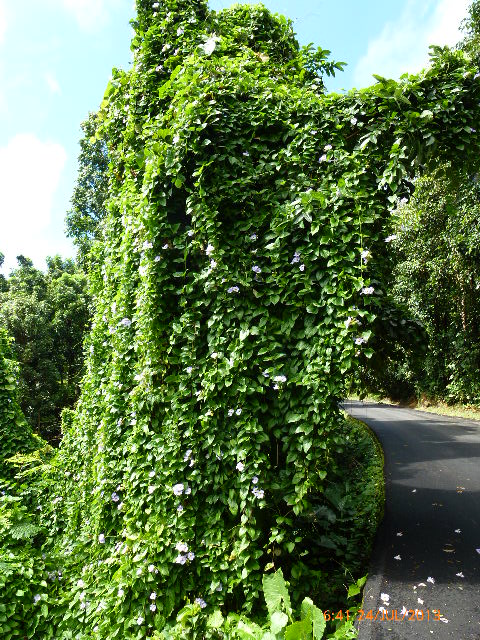Mainstreaming Prevention and Control of Introduction and Spread of Invasive Alien Species. This is a GoS-UNDP-GEF project implemented from 2008-2014.
Background
Invasive Alien Species (IAS) are reported to be the single greatest threat to native species and habitats in Seychelles. IAS are harmful alien species, whose introduction or spread threaten the environment, the economy, or society, including human health. IAS cost the Seychelles economy several millions of dollars annually, approximately US$0.25 million per year, 2represents a major threat to the country’s unique biological diversity and could have severe negative impacts in the long run if unchecked. Over the years, concrete steps have been taken by local Environmental Non-Governmental Organisations (ENGO) to eradicate invasive alien species from the islands and to restore the ecosystems.
Expected Outcomes
The aim of the Biosecurity Project is to increase capacities to prevent and control the introduction and spread of IAS through Trade, Travel and Transport across the Production landscape. The Project seeks to enable Seychelles to:
• put in place adequate policy and legal framework and to strengthen institutional capacity for preventing the entry of IAS
• control the spread of IAS within the archipelago by moving forward plans and undertaking actions to improve border control
• enact laws to govern internal control of IAS and build stronger collaborations amongst Government, private and civil sectors working with IAS
• and eradicate invasive fauna and control weeds with improved technology.
Key Results and Activities
The project started in 2008 and is strengthening the policy and regulatory framework as well as the institutional capacity to deal with biosecurity issues through:
• improving technical know-how and learning capacities
• raising awareness and changing attitudes amongst production enterprises and the public, concerning the dangers that the introduction and spread of IAS can have on the environment, notably across the entire production landscape and a range of other economic sectors in the country
• the setting up of the Biosecurity Service within the Seychelles Agricultural Agency (SAA)
• the drafting of a new comprehensive Biosecurity Act to cover Animal and Plant Biosecurity and the Biosecurity Policy and Strategy
• the provision of equipment, safety gears, consumables and other essential materials for SAA Biosecurity Operations and for the New Operations Office at the Seaport
• reviewing the disembarkation cards in collaboration with Immigration and other border agencies.
The project will continue to provide support and build technical and institutional capacity for other intended outputs such as economic evaluation of the impact of IAS on the national economy, IAS threats and risk analysis and related development plan, effective application of biosecurity measures at pre-border, border and post-border control systems and development of public awareness through production of education materials.

